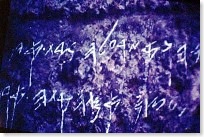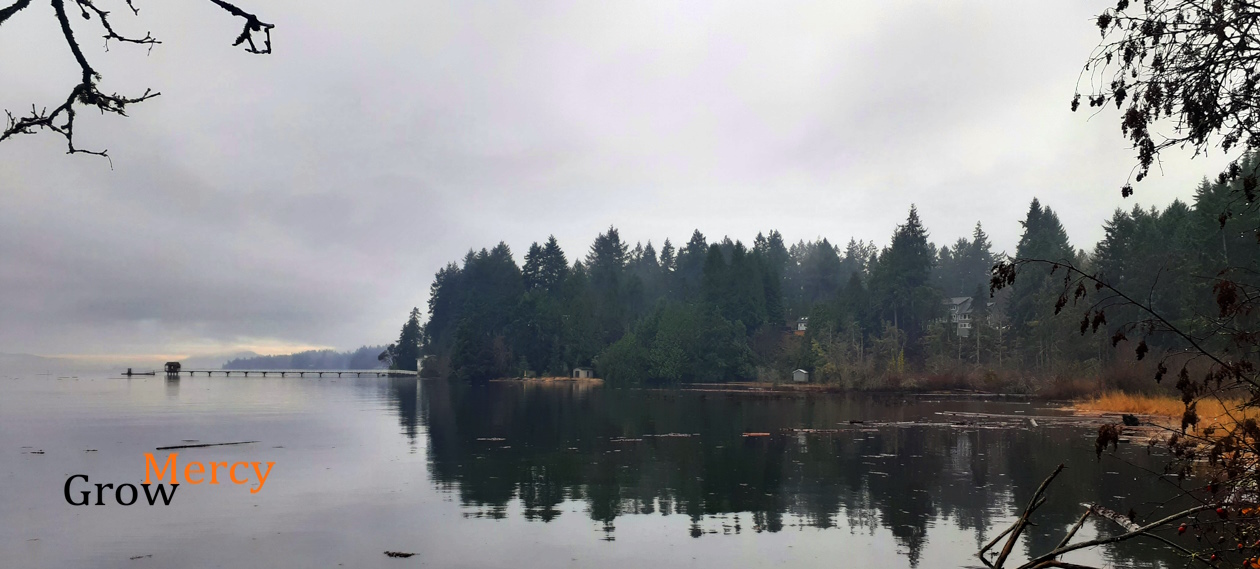Sacrifice and offering you do not desire,
but you have given me an open ear. (from Psalm 40)
So how did this Hebrew poet come to make this conclusion, steeped as he or she was in the cult of ritual sacrifice and burnt offering as something required by God? (Okay, this isn’t a universal question…but it is my question, for a Sunday such as this.)
The Sits im Leben of the Psalmist, as a member of tribe-Israel, would have been all about seasonal rounds of sacrifice, usually animal, commemorating any number of events where God supposedly brought or restored peace and safety through an act of God-endorsed mitigated violence.
It’s like this: at a time where a contagion of violence (see: well, randomly open any historical book of the Old Testament) threatens to collapse the entire people-tribe…a culprit(s) is arbitrarily identified and put to death, upon which, “miraculously,” peace is restored. The “peace,” so intense because of the prior imminence of wide-scale violence, feels like a Divine rush of relief and is identified as such and subsequently coded as the “Law.” And through the Law, with its rites and taboo’s and purification systems, “revealed” through the circumstances of the violent event(s), and with its ritual sacrifices–safe representatives of the bloodier events–the people-group cohere and live off of the diminishing power of sacrificial ritual. So what this amounts to is a criminal act that results in curbing what could have been horrendous bloodshed. A bad/good thing. Yup, the world of scapegoating is just that wondrous.
Except that, back then, it was understood as all-good. But slowly, in the arch of time, cracks start to show. And pretty soon some self-reflective-culture-critiquing-prophetic-Cohenesque poet says that God doesn’t like sacrifice, didn’t ever want it, and throws the whole system into question. Because, if God is not the one requiring sacrifice…who then…?
Well, pretty soon the Psalmist’s friends start to think that maybe the whole sorry enterprise is just plain bad. Not just bad-to-get-to-the-good, but entirely bad because anything that requires scapegoating violence is already, well, sin by definition.
 But back to our poet: song writers, Psalm writers are sticky about stuff like truth in motives. Any artist knows that a work without the ring of truth has no shelf-life and so she always works toward the discovery of truth. I think our Song-40 poet had a moment of conversion: the “open ear” was that moment he or she understood the lie of the sacred, along with his/her own complicity. The moment the voice of the victim rose above the self-desire of the poet, ears were opened, and the whole state of the sacrificial mechanism was exposed. And from that kind of conversion, there’s no turning back…only risky publication.
But back to our poet: song writers, Psalm writers are sticky about stuff like truth in motives. Any artist knows that a work without the ring of truth has no shelf-life and so she always works toward the discovery of truth. I think our Song-40 poet had a moment of conversion: the “open ear” was that moment he or she understood the lie of the sacred, along with his/her own complicity. The moment the voice of the victim rose above the self-desire of the poet, ears were opened, and the whole state of the sacrificial mechanism was exposed. And from that kind of conversion, there’s no turning back…only risky publication.
